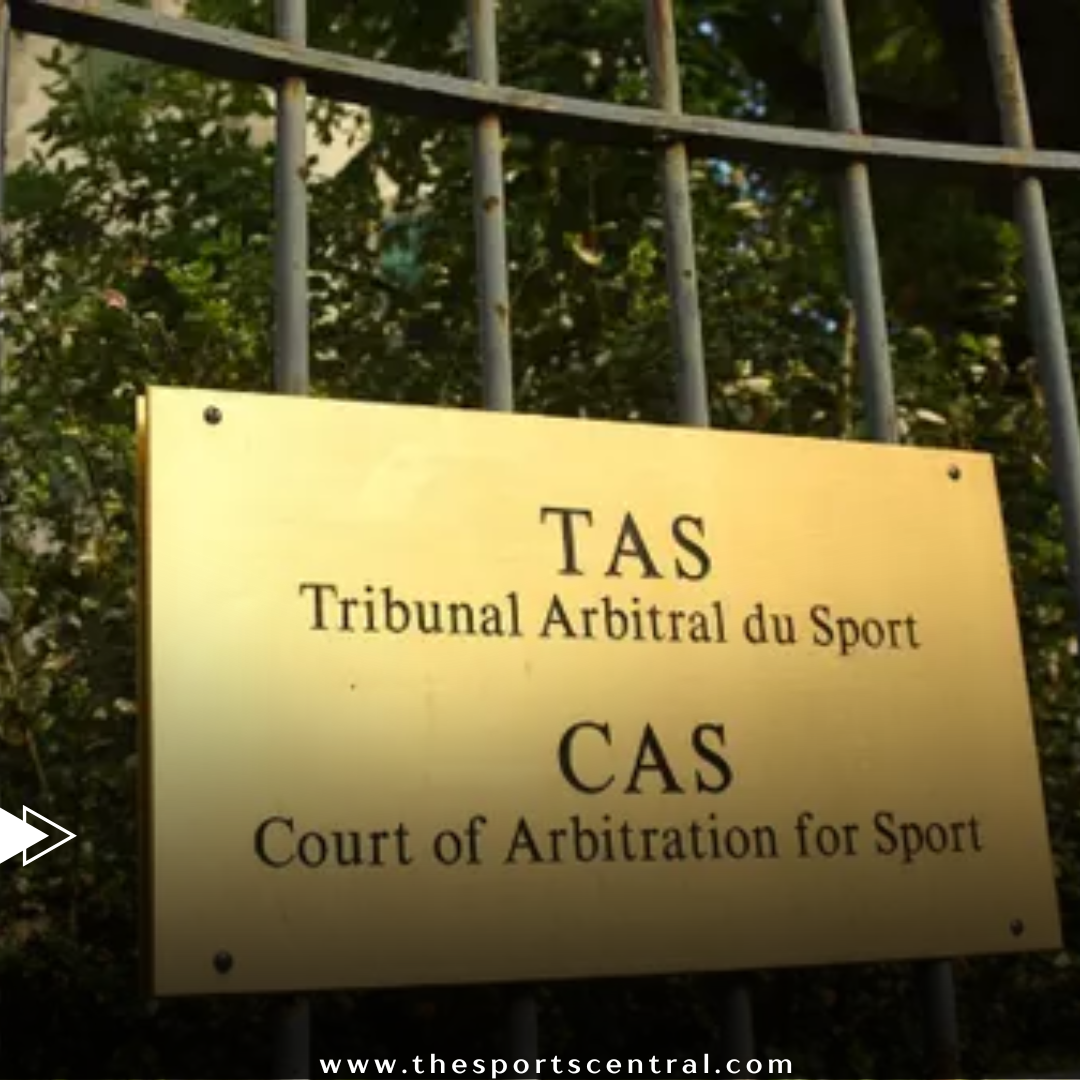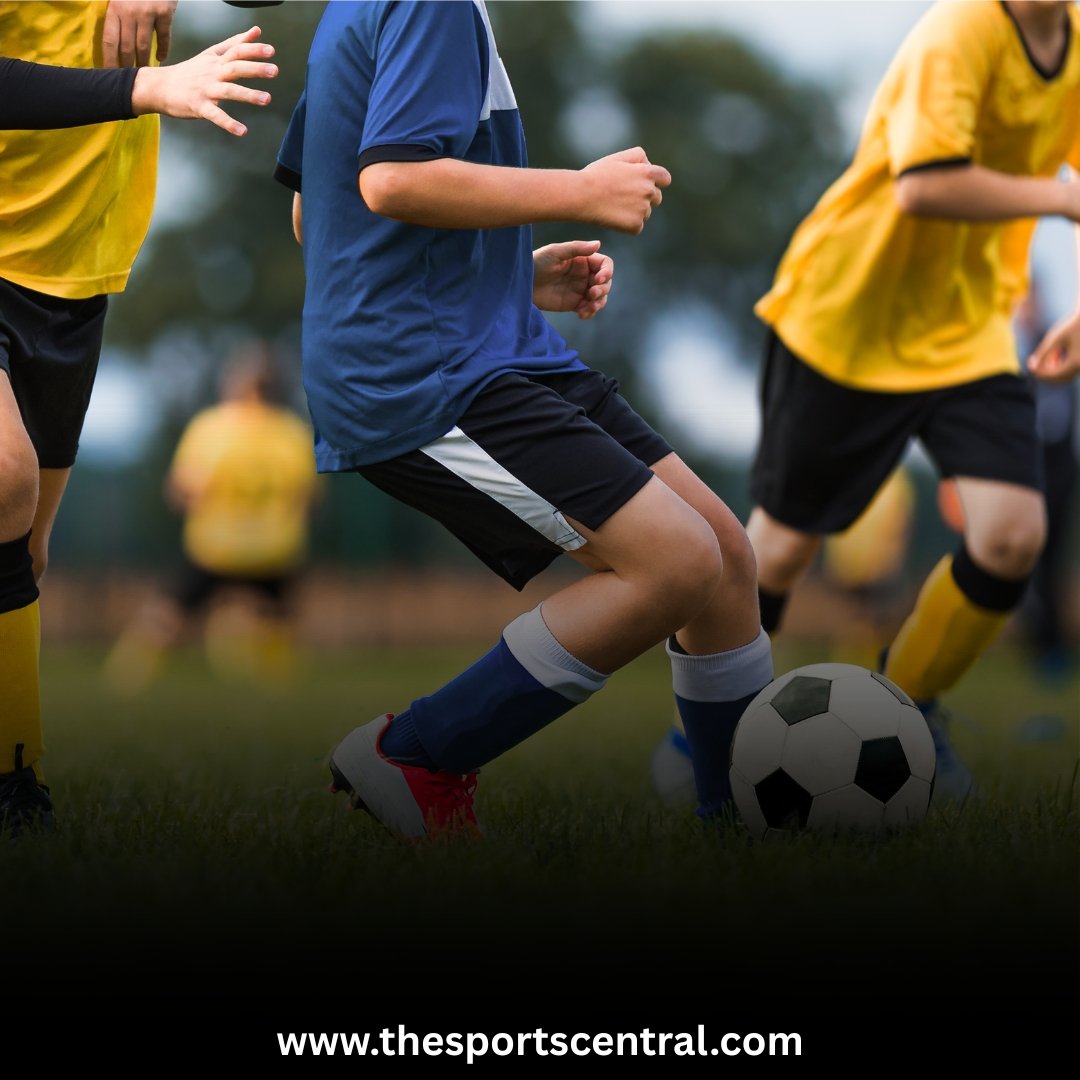The Court of Arbitration for Sport (CAS) is an international quasi-judicial body established to settle disputes related to sport through arbitration. Located in Lausanne, Switzerland, CAS has become the preeminent institution for resolving sports disputes, providing a legal forum that is independent, specialized, and efficient. This article delves into the history, structure, functions, and significance of CAS, highlighting its role in maintaining the integrity of sports globally.
History and Establishment
The idea of a specialized tribunal for sports disputes was first proposed by International Olympic Committee (IOC) President Juan Antonio Samaranch in the early 1980s. The aim was to create a neutral and independent body to handle disputes that arose within the sporting world, ensuring that they were resolved by experts familiar with the unique nature of sports.
CAS was officially established in 1984, under the aegis of the IOC, following the recommendation of a working group led by Judge Kéba Mbaye, then a member of the International Court of Justice. The CAS initially dealt primarily with disputes related to the Olympic Games but gradually expanded its jurisdiction to include all areas of sports.
Structure and Organization
CAS operates under the authority of the International Council of Arbitration for Sport (ICAS), which oversees its administration and ensures its independence. ICAS is composed of 20 members, appointed in equal numbers by the IOC, the Association of Summer Olympic International Federations (ASOIF), the Association of Winter Olympic International Federations (AIOWF), and the Association of National Olympic Committees (ANOC).
CAS itself is divided into three main divisions:
The Ordinary Arbitration Division: Handles commercial disputes related to sports, such as sponsorship contracts, transfer agreements, and other contractual issues.
The Appeals Arbitration Division: Deals with appeals against decisions made by sports organizations, including disciplinary actions, eligibility disputes, and doping cases.
The Anti-Doping Division: Established specifically to handle anti-doping cases, particularly during major sporting events like the Olympic Games.
Additionally, CAS has an Ad Hoc Division, which is set up temporarily to provide immediate arbitration services during major international competitions such as the Olympics, the FIFA World Cup, and other significant events.
Jurisdiction and Functions
CAS’s jurisdiction is based on the consent of the parties involved, typically through arbitration agreements embedded in the statutes and regulations of sports organizations. Athletes, clubs, sports federations, and other stakeholders can bring their disputes to CAS, provided there is an agreement to do so.
The primary functions of CAS include:
Arbitration: CAS acts as an arbitrator in disputes, providing a binding resolution that is enforceable under international law. Arbitration can be initiated by any party involved in a sports-related dispute, and the proceedings are conducted in a manner similar to those of a court, with hearings, evidence presentation, and legal arguments.
Mediation: In addition to arbitration, CAS offers mediation services, where a neutral mediator assists the parties in reaching a mutually acceptable settlement. Mediation is a less formal process and focuses on finding a collaborative resolution.
Advisory Opinions: CAS can issue advisory opinions on legal questions related to sports, providing guidance on the interpretation and application of sports regulations. These opinions are not binding but can influence future decisions and policies.
Ad Hoc Divisions: During major sporting events, CAS establishes Ad Hoc Divisions to provide rapid resolution of disputes. These divisions operate 24/7, ensuring that any issues arising during the competition are addressed promptly, allowing athletes to compete without unnecessary delays.
Significance and Impact
The establishment of CAS has had a profound impact on the world of sports, providing a reliable and efficient mechanism for resolving disputes. Some of the key benefits and significance of CAS include:
Independence and Neutrality: CAS operates independently of any sports organization, ensuring that its decisions are impartial and based solely on the merits of the case. This independence is crucial for maintaining the integrity of sports and ensuring that justice is served.
Expertise in Sports Law: CAS arbitrators are experts in sports law, with extensive knowledge and experience in the field. This specialization ensures that the decisions are well-informed and tailored to the unique context of sports.
Consistency and Predictability: CAS provides a consistent legal framework for resolving sports disputes, ensuring that similar cases are treated in a similar manner. This predictability helps maintain fairness and transparency in the resolution process.
Efficiency and Timeliness: CAS is known for its efficiency in handling cases, often resolving disputes more quickly than traditional courts. This timeliness is particularly important in the fast-paced world of sports, where delays can have significant consequences for athletes and organizations.
Global Reach: CAS operates on an international scale, with parties from around the world bringing their disputes to the tribunal. This global reach enhances the legitimacy and acceptance of CAS decisions across different jurisdictions.
Landmark Cases and Decisions
Over the years, CAS has handled numerous high-profile cases that have shaped the landscape of sports law. Some of the landmark cases include:
The Bosman Ruling (1995): One of the most significant decisions in sports law, the Bosman ruling by the European Court of Justice (with CAS involvement) revolutionized the transfer system in European football. It allowed players to move freely to another club at the end of their contract without a transfer fee, fundamentally changing the dynamics of player transfers and contracts.
The Lance Armstrong Case (2012): The case involving cyclist Lance Armstrong was one of the most publicized doping cases handled by CAS. The tribunal upheld the decision to strip Armstrong of his seven Tour de France titles and impose a lifetime ban, highlighting the seriousness of doping offenses and reinforcing CAS’s role in maintaining fair competition.
The Caster Semenya Case (2019): The case of South African runner Caster Semenya challenged the regulations imposed by the International Association of Athletics Federations (IAAF) on testosterone levels in female athletes. CAS’s decision to uphold the regulations sparked widespread debate on gender and fairness in sports, demonstrating the complex and sensitive nature of sports law.
Challenges and Criticisms
Despite its many achievements, CAS has faced challenges and criticisms over the years. Some of the common issues include:
Perceived Bias: While CAS is designed to be independent, some stakeholders have raised concerns about potential biases, particularly given its historical connection to the IOC. Efforts to ensure diversity and neutrality in the selection of arbitrators are ongoing to address these concerns.
Accessibility and Costs: The arbitration process can be expensive and complex, potentially limiting access for less wealthy athletes and smaller organizations. CAS has introduced measures to provide legal aid and reduce costs, but accessibility remains a concern.
Enforcement of Decisions: While CAS decisions are binding, enforcing them can sometimes be challenging, particularly when national laws and regulations come into play. Ensuring compliance with CAS rulings requires cooperation from sports organizations and national authorities.
Transparency and Accountability: There have been calls for greater transparency in CAS proceedings and decision-making processes. Ensuring that decisions are publicly available and that the arbitration process is open to scrutiny is important for maintaining trust and credibility.
The Future of CAS
As the world of sports continues to evolve, CAS will play an increasingly important role in resolving disputes and upholding the principles of fairness and integrity. The tribunal is likely to face new challenges, particularly with the emergence of new sports, technological advancements, and evolving societal norms.
To remain effective, CAS will need to adapt to these changes, ensuring that it continues to provide a fair, efficient, and accessible forum for resolving sports disputes. This may involve further reforms to enhance transparency, reduce costs, and address concerns about bias and accessibility.
The Court of Arbitration for Sport has established itself as a cornerstone of the global sports landscape, providing a specialized and independent forum for resolving disputes. Its role in maintaining the integrity of sports, ensuring fairness, and upholding the rule of law cannot be overstated. As CAS continues to evolve and adapt to the changing dynamics of the sporting world, it will remain a vital institution, safeguarding the values and principles that underpin the spirit of competition. Whether dealing with doping scandals, contractual disputes, or eligibility issues, CAS’s commitment to justice and fairness will continue to be a beacon for the world of sports.










